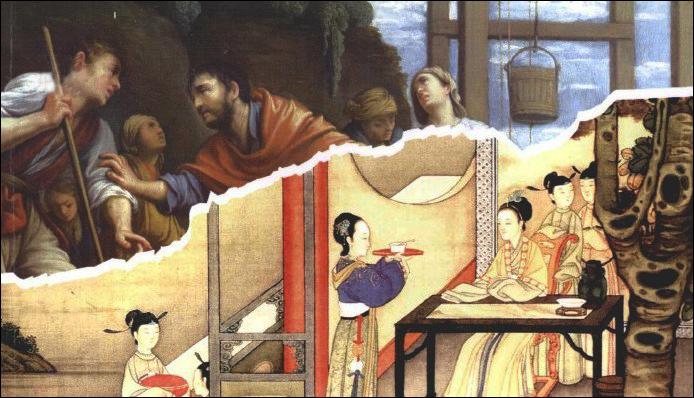Comparison of Christianity and Buddhism
Comparison of Christianity and Buddhism
Introduction:
Chinese people often take pride in the 5,000 years of Chinese civilization, known as cultural confidence. However, this often leads to stagnation. When we look at the current state of Chinese society—moral decline and profit-driven behavior—we should recognize that there are issues within our culture. In reality, Chinese culture has been constrained by the ideology of the Great Wall, considering Confucianism and Daoist philosophy as profound enough, believing that Confucianism, Buddhism, and Daoism are sufficient. Chinese culture has historically been rarely exported; what has been spread outward was mainly material goods like silk and porcelain. Today, China is a manufacturing hub, exporting a large number of products. Culturally, Chinese people remain stagnant and self-satisfied.
Modernization is seen as Westernization, and we Chinese need to understand and learn from Western culture, especially for us Chinese living in the United States. Western culture is mainly rooted in Christian culture. For a long time, Christian culture has not been widely accepted by Chinese people due to political and historical reasons. Many Chinese view Christianity as a foreign religion, an imperialist religion, brought by the invasion of the Eight-Nation Alliance. Therefore, Christian culture has not truly integrated into Chinese culture, while Buddhism has successfully merged with it, forming the unique Chinese blend of Confucianism, Buddhism, and Daoism.
Comparison of Christianity and Buddhism.docx.pdf





